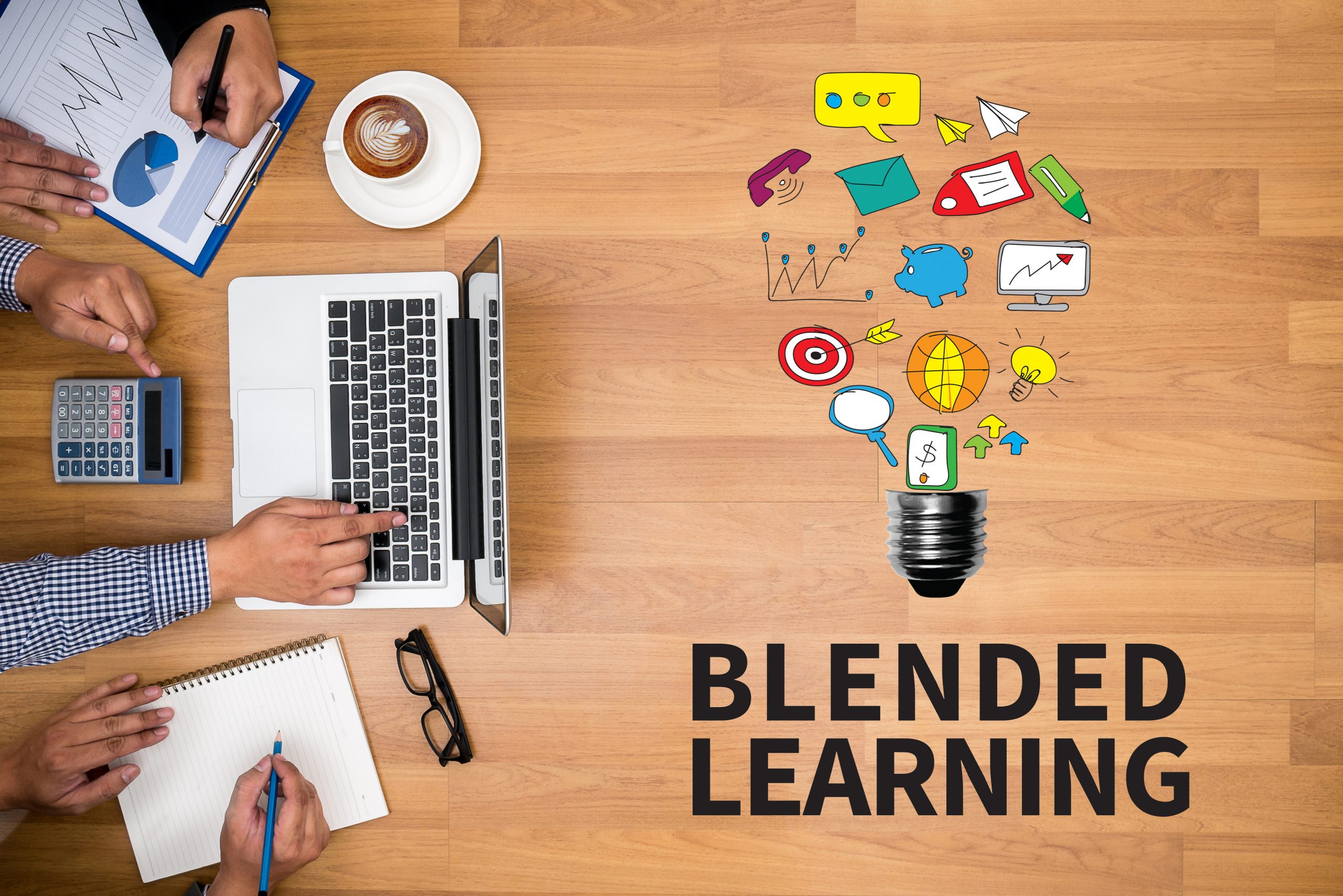Benefits of Blended Learning for Nigerian Schools

Blended learning combines traditional face-to-face classroom instruction with online learning experiences, creating a flexible and effective approach to education. In Nigerian schools, this method is becoming increasingly valuable in addressing challenges and improving learning outcomes.
Tip: Blended learning helps students take ownership of their learning while allowing teachers to personalize instruction and track progress more effectively.
1. Enhanced Flexibility and Accessibility
Blended learning allows students to access materials anytime and anywhere, giving them the flexibility to learn at their own pace—especially useful in regions with inconsistent academic calendars or infrastructure.
2. Personalized Learning Experience
Teachers can tailor lessons to students' individual needs, helping slow learners catch up and allowing advanced learners to stay challenged. Online assessments and analytics support targeted intervention.
3. Improved Engagement Through Technology
Multimedia tools, interactive lessons, and gamification in online learning environments keep students engaged and motivated compared to traditional rote learning methods.
4. Better Preparation for Digital Future
By integrating technology in everyday learning, Nigerian students develop essential digital literacy skills needed for higher education and the modern workforce.
5. Cost-Effectiveness for Schools
While there's an initial investment in infrastructure, blended learning can reduce long-term costs by decreasing the need for printed materials and large physical classrooms.
6. Resilience During Disruptions
Blended learning proved essential during the COVID-19 pandemic. Schools that adopted this model were able to continue academic sessions despite lockdowns and school closures.
7. Teacher Development Opportunities
Blended learning environments expose teachers to continuous professional development as they explore online teaching tools and platforms, enhancing their teaching quality overall.
Is Your School Ready for Blended Learning?
To implement blended learning successfully, schools in Nigeria should invest in teacher training, reliable internet access, and digital tools. The benefits are worth the effort, as they support improved learning outcomes and prepare students for a competitive future.
Note: Blended learning should not replace teachers—it should empower them with tools to reach students more effectively. Consider starting with a hybrid model tailored to your school's capacity.
